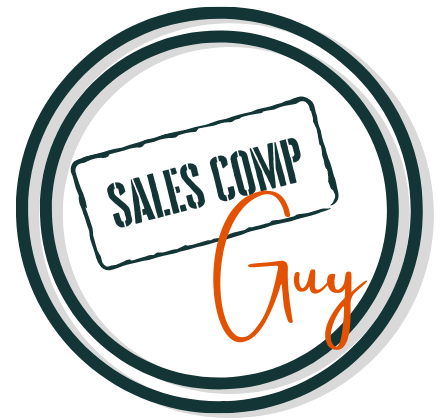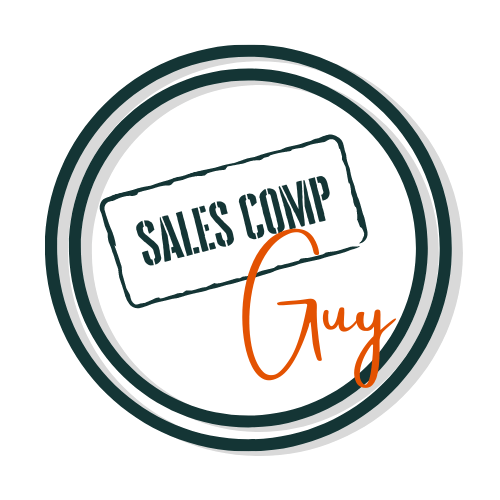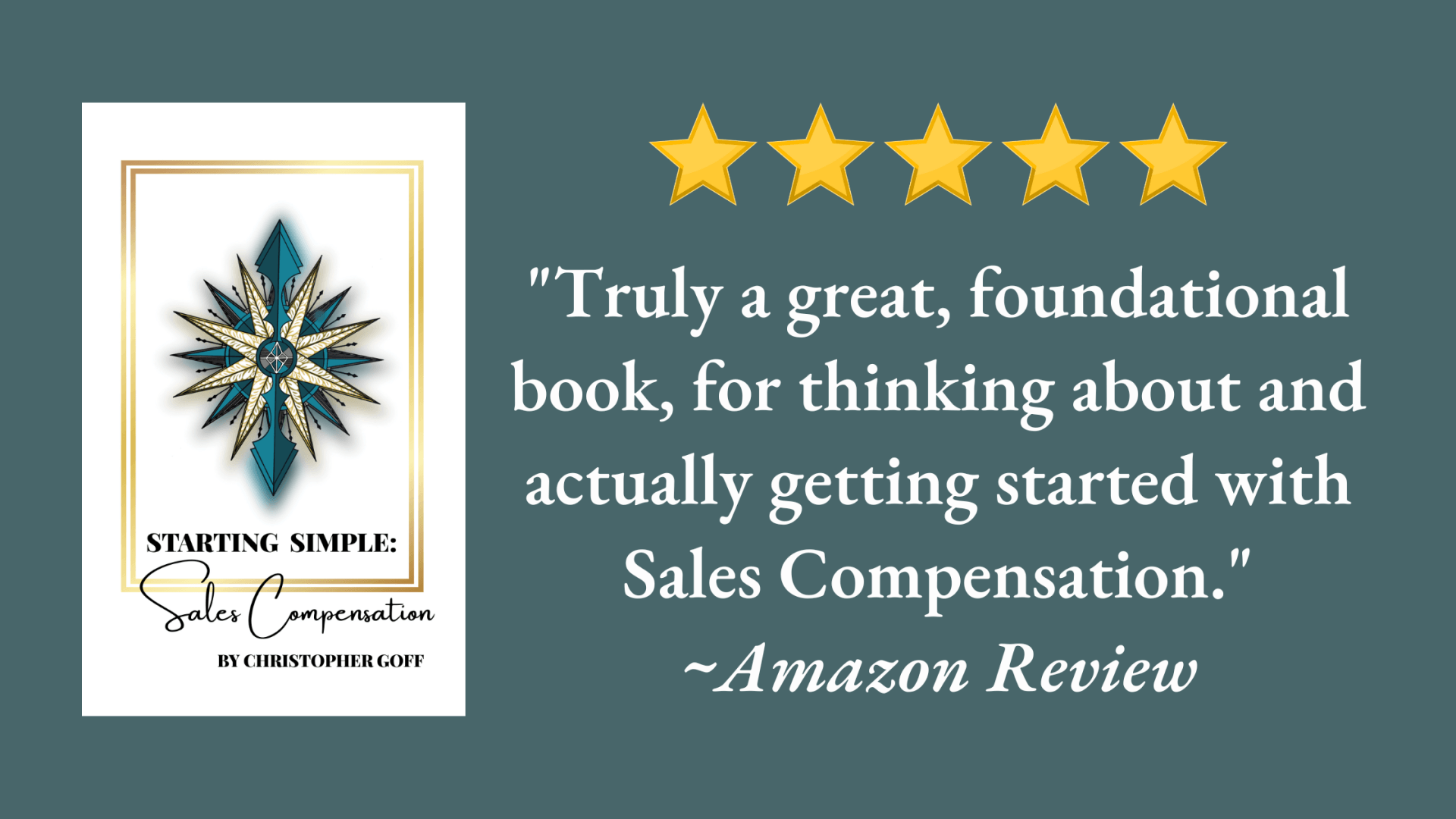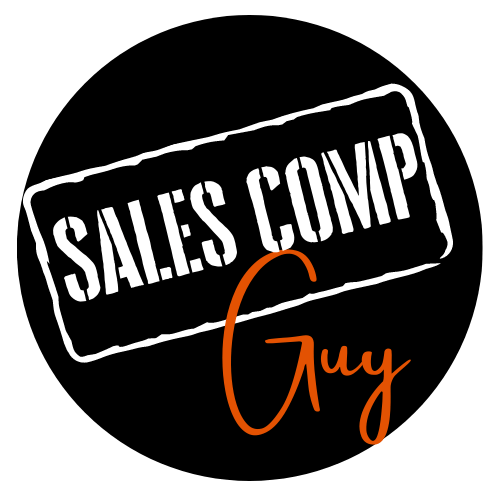Scaling and Your Sales Force
What Needs to Change and What Needs to Stay the Same as You Grow

Culture Check
One thing that probably doesn't need to change as you grow—and in fact, could be detrimental if it does—is your company culture. There's a lot of energy around a business start-up. New ideas are flying, and everyone's excited to contribute to building this new, cutting-edge thing. You want growth, that's what it's all about, but when growth arrives, sometimes that by-your-bootstraps rebel grit and enthusiasm dies down. It may just be the right time to check your culture.
Get feedback from your team on their ideas of the company values and mission statement. Perhaps you've never needed to put it on paper. Now's the right time to document it. Codify the mission statement into your company culture and make sure to include it in all job descriptions going forward. Be sure to have all your external-facing employees cognizant of and aligned on these values. They will represent your company's vision and mission to prospective clients.
If you have existing salespeople, they will likely be a mentor to future sales team members, so it's important that they be aligned with company culture and values. Keep that front and center.
Sales Compensation Plan
If you've read my book, you'll know that your sales compensation plan isn't a fixed point but rather an ever-dynamic strategy for motivating, attracting, and retaining sales employees. It should adapt and evolve into something that is useful for your changing circumstances.
If your current sales structure is buckling under the load of new growth, not only is it possibly time to hire more help, but it's also time to revisit your compensation plan. Has your strategy shifted at all since the original sales plan was put in place? Take a look at your sales objectives. How have they changed over time? And have you communicated that change to your salesperson? Do they understand, and are they aligned on how to achieve your updated financial objectives?
How about pay? With this growth, are you taking the time to look at your total compensation levels, the mix of pay, and if you are competitive with the labor market levels?
When was the last time you looked at the plan mechanics? How about a review of the administration of the plan, payment timing, the accelerators, or any other aspect of the plan?
These considerations and more should be reviewed at every step of growth or any change in strategy to ensure that the sales team will be aligned to the business needs rather than falling behind or being out of touch with customers, both internal and external.
Adding Structure
Young businesses are often made up of a scrappy band of individuals who have all bought into a shared vision. You're all working hard, taking on the tasks that most fit your skill set and interests, and wearing many hats.
However, that structure (or lack of structure) can only last so long. Scaling brings with it the need to add in the specialization of jobs and layers of management to drive business outcomes. While
adding in management may seem unnecessary since you've gotten this far with your staff, resisting this process will likely only spell disaster in the long run.
As you're adding management to your sales department, keep in mind that new leadership will be an extension of you and heighten the ability to execute on the growth expectations. Beyond hiring management, you will also need to add support and administration people, processes, and tools that will accelerate the acquisition of new customers and remove some of the burdens of work currently being carried by the sales team.
Revisit Roles and Assumptions
Evaluate your current relationships with existing customers and keep in mind as you're growing that, they will be growing as well. The way you've communicated with customers in the past may no longer work for them. This is the point in time when you will want to go back to your job descriptions. Do you have the right roles in place to accomplish the next cycle of growth? Have you taken the time to outline the evolution of responsibilities as jobs change? Moreover, have the employees been communicated to about these growing or evolving needs of the business and are genuinely bought into the process of supporting the initiatives.
It may also be time to invest in a CRM system to keep track of all client interactions with your customers. CRMs are helpful for more than collecting client data and tracking deals. This is also your fail-safe for managing business interactions, customer communications, learning about the sales process, and developing performance management and financial productivity. As the business evolves, so too should the assumptions of roles and responsibilities and, ultimately, the jobs that support the business.
Sales Complexity
If you don't have a salesperson on staff yet, or if you do and they are solely responsible for all aspects of customer engagement with both clients and prospects throughout the entire sales cycle, you may find that it's time for a sales process and system. As you're scaling, it can be valuable to evaluate your sales process and see what supports you can put in place so your salesperson can focus on whatever is most important in the next phase of growth.
Roles you might hire for could include lead generation, account management, digital marketing, and many others. Remember to always evaluate your financials, including cash flow and expected revenue from each position invested in, before creating new compensation plans for your future sales roles.
Scaling up brings many new challenges. These growing pains are good because once you've addressed them successfully, you find yourself a larger, healthier company ready to sustain business at a much higher level. Just keep in mind the people and their efforts and contributions as you grow. Be sure to remain flexible and resilient as the inevitable changes occur continuously.













